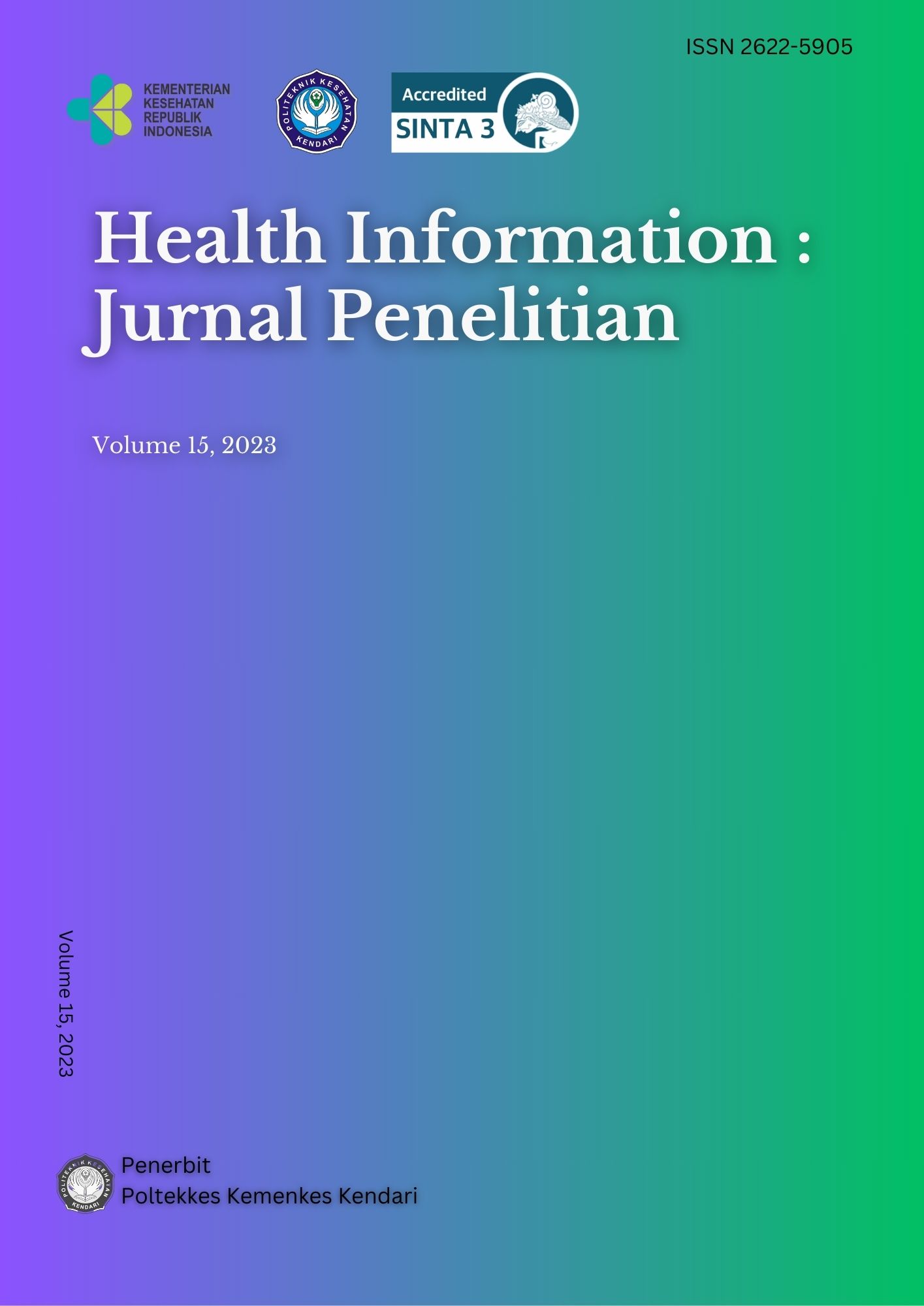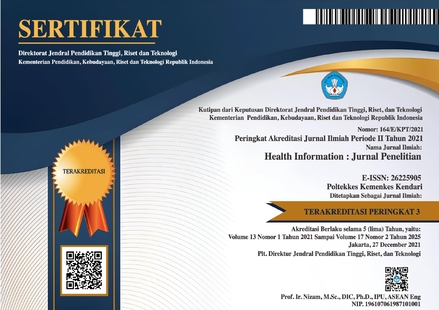Penerapan Program PHBS Dalam Penanggulangan DBD Di Kecamatan Medan Selayang
Keywords:
PHBS Program, Dengue Fever, Prevention of Dengue FeverAbstract
Permenkes or Minister of Health Regulation No. 2269/MENKES/PER/XI/2011, which regulates efforts to promote clean and healthy living behavior in Indonesia, refers to PHBS management practices such as assessment, planning, implementation, monitoring, and evaluation. One of the diseases that arises from the lack of proper implementation of the PHBS program is dengue hemorrhagic fever. This research uses the accidental sampling method. The survey population consisted of all people in Medan Selayang district who were affected by DHF and the survey sample consisted of 69 people from the available population. The study's findings were based on the chi-square analysis test, which yielded a p value of 0.009, indicating that the Ho value was denied and Ha was accepted. There is a substantial connection between preventing DHF and implementing the PHBS program. The conclusion is that the PHBS program's implementation method is very poor, with adequate DHF prevention of 11.7% and acceptable DHF prevention of 20.3%. A p-value of 0.009 was derived from the chi-square test, indicating that there is a significant relationship between CDI prevention methods and the implementation of the PHBS program. The behavior to prevent DHF is 2.6 times riskier than implementing the PHBS program.
Downloads
Published
How to Cite
Issue
Section
Citation Check
License
Copyright (c) 2023 Suhaila Syahda, Nofi Susanti (Author)

This work is licensed under a Creative Commons Attribution-ShareAlike 4.0 International License.
Authors retain copyright and grant the journal right of first publication with the work simultaneously licensed under a Creative Commons Attribution-ShareAlike 4.0 International License that allows others to share the work with an acknowledgment of the works authorship and initial publication in this journal and able to enter into separate, additional contractual arrangements for the non-exclusive distribution of the journals published version of the work (e.g., post it to an institutional repository or publish it in a book).












